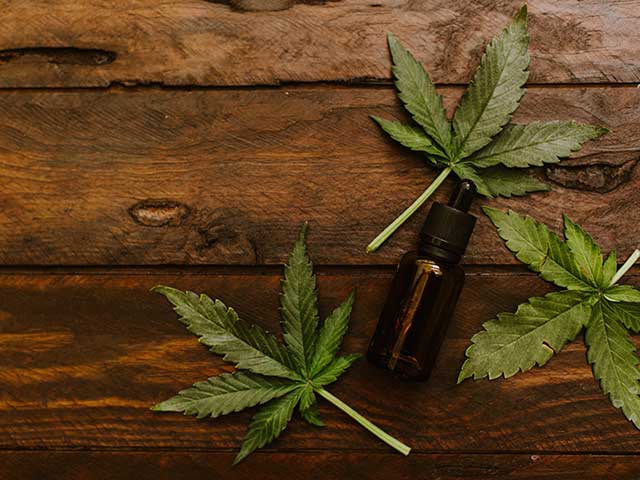Hemp is a variety of the Hemp sativa plant. Because hemp is so popular, hemp and its amazing nutritional value are often underestimated. Because of its resemblance to the hemp plant, hemp’s enormous health benefits are often overlooked.
A quick clarification: they are not the same. Although both plants are varieties of hemp, hemp is the only one used for recreational purposes because of its high content of tetrahydrocannabinol or THC, a substance with psychoactive properties that causes that feeling of alteration in consumers. Hemp, on the other hand, has less than 0.3% THC, and many products derived from this plant contain negligible amounts of this substance. In other words, hemp and hemp-derived products will not get you high.
That’s why we believe you should be made aware of the incredible nutritional benefits that hemp can provide. Here are five of the main advantages that the consumption of this plant can bring.
Hemp seeds may reduce the risk of cardiovascular disease.
Hemp seeds can be purchased in many health food stores and herbalist stores. They are known for their high nutritional value. Some even claim that it is a superfood.
Cardiovascular disease is the leading cause of death worldwide. This worrying statistic is leading to the launch of campaigns to promote an active lifestyle and a healthy weight, but heart problems can also be caused by genetic or lifestyle-related factors.
Hemp seeds contain a large number of amino acids, including arginine, which produces nitric oxide in the body. Nitric oxide is a gas that causes blood vessels to dilate to allow blood pressure to remain low. High blood pressure is often associated with heart attacks, which is why it is so important to get it under control.
In a Cleveland Clinic Foundation study, increased arginine intake was associated with a decrease in C-reactive protein (CRP) levels. CRP is an inflammatory marker often associated with heart problems. The study was conducted on more than 13,000 people.
But that’s not all. Hemp seeds also contain gamma-linolenic acid (GLA), which is also associated with reducing inflammation. This can help you avoid heart attacks and other cardiovascular problems.
Animal studies have shown that both hemp seeds and hemp seed oil can reduce blood pressure, help prevent blood clots and improve recovery after a heart attack. If you would like further information about CBG Gummies, check out their page for further info.

Hemp is a great source of protein.
Hemp protein is often sold on the market as a plant-based protein. It looks like any other protein powder, but it is made from ground hemp seeds. That means hemp protein has all the benefits of hemp seeds, including that high protein content.
Approximately 25% of the calories in hemp seeds come from protein, a very high content for a vegetable protein that can be compared (by weight) to beef or lamb. In addition, hemp seeds can be considered a very complete source of protein, which is not the case with other vegetable proteins, because it contains all the essential amino acids.
Vegetable protein is gaining popularity as people realize how beneficial it is for the diet. That doesn’t mean that everyone has to be vegan. Animal products also have nutritional benefits, but plant proteins are healthier and pose less risk for cholesterol and cardiovascular disease.
Hemp seeds may be beneficial for dermatological diseases.
Fatty acids found in the body may affect immune response. It is believed that this may be related to the balance of omega-6 and omega-3 fatty acids.
Hemp seeds contain both omega fatty acids in a ratio of approximately 3:1 between omega-6 and omega-3, values that are in the optimal range.
Hemp seed oil may have the ability to soothe dry skin, improve itching and reduce the need for skin medications. In addition, it may be able to improve the appearance of eczema by improving the levels of essential fatty acids in the blood.


